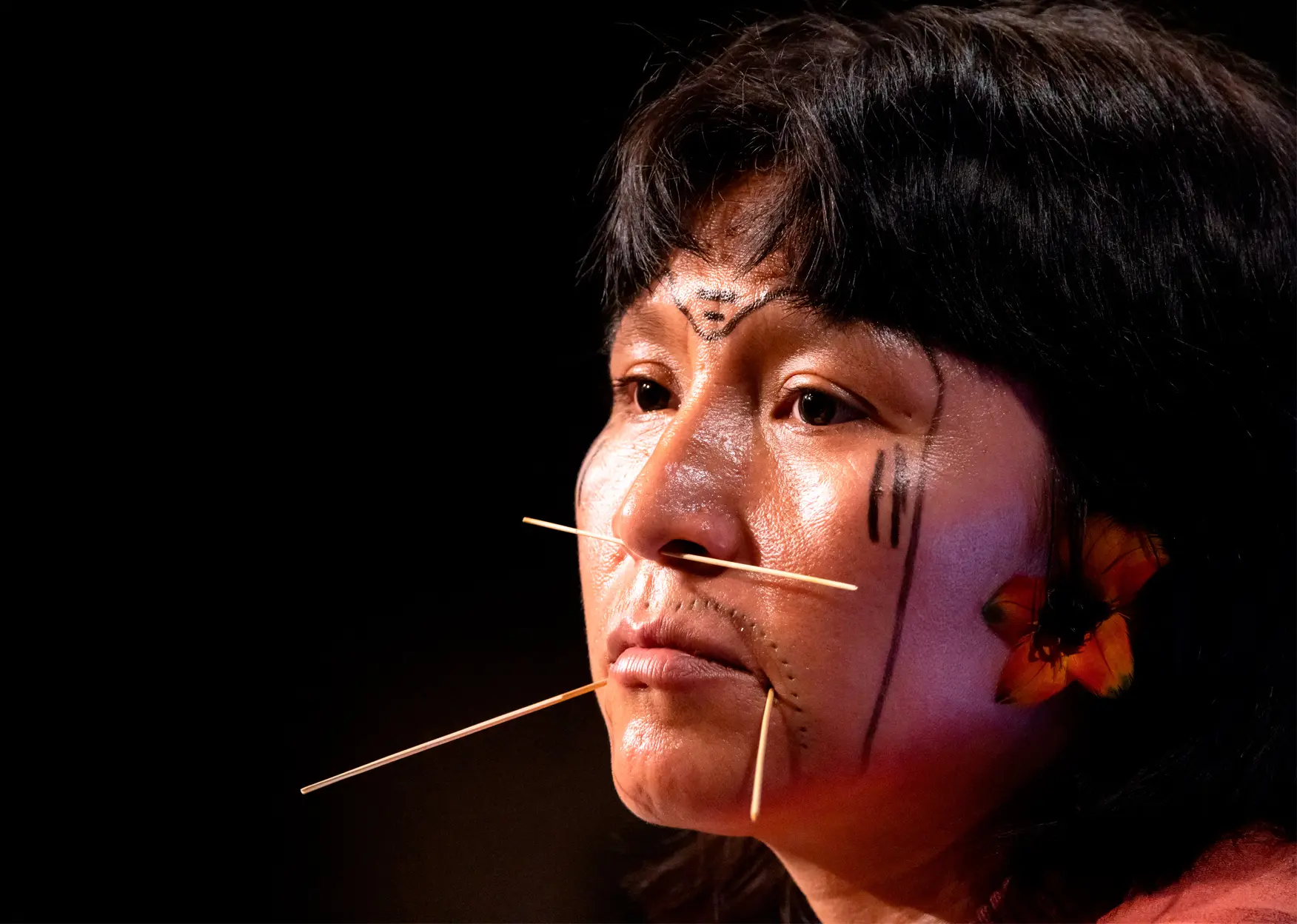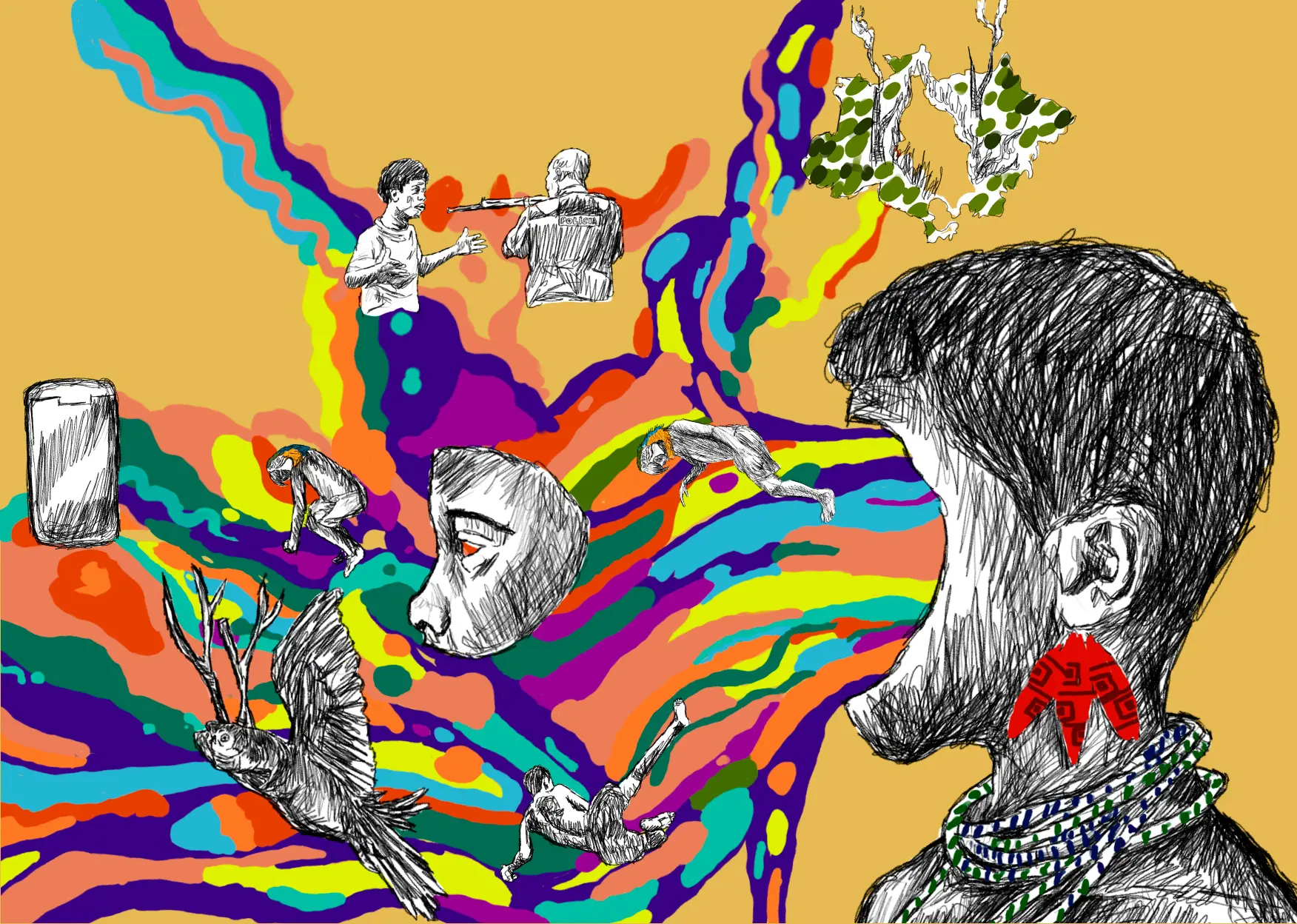You are not alone.
Far from it.
If you are concerned about the climate crisis and want your national government to do something about it, you are part of an enormous global majority. Almost nine out of every ten people on the planet share your opinion.
You would never believe that from skewed social media, conservative news organisations or politicians of almost all stripes. They would have you think that climate action is unpopular, expensive and a worry only for a radical clique. They want you to feel you are powerless and isolated, that it is safer to stick with business as usual, that there is no real alternative to a world dominated by science-deniers and nature-trashers like Donald Trump and other far-right nationalists.
Those misconceptions have been manufactured and encouraged by powerful business interests to weaken public support for fossil-fuel cuts, an end to deforestation, and other measures to combat global heating. This ruse needs to be called out. And the best way to do that is to show that reality is completely different: The world wants change.
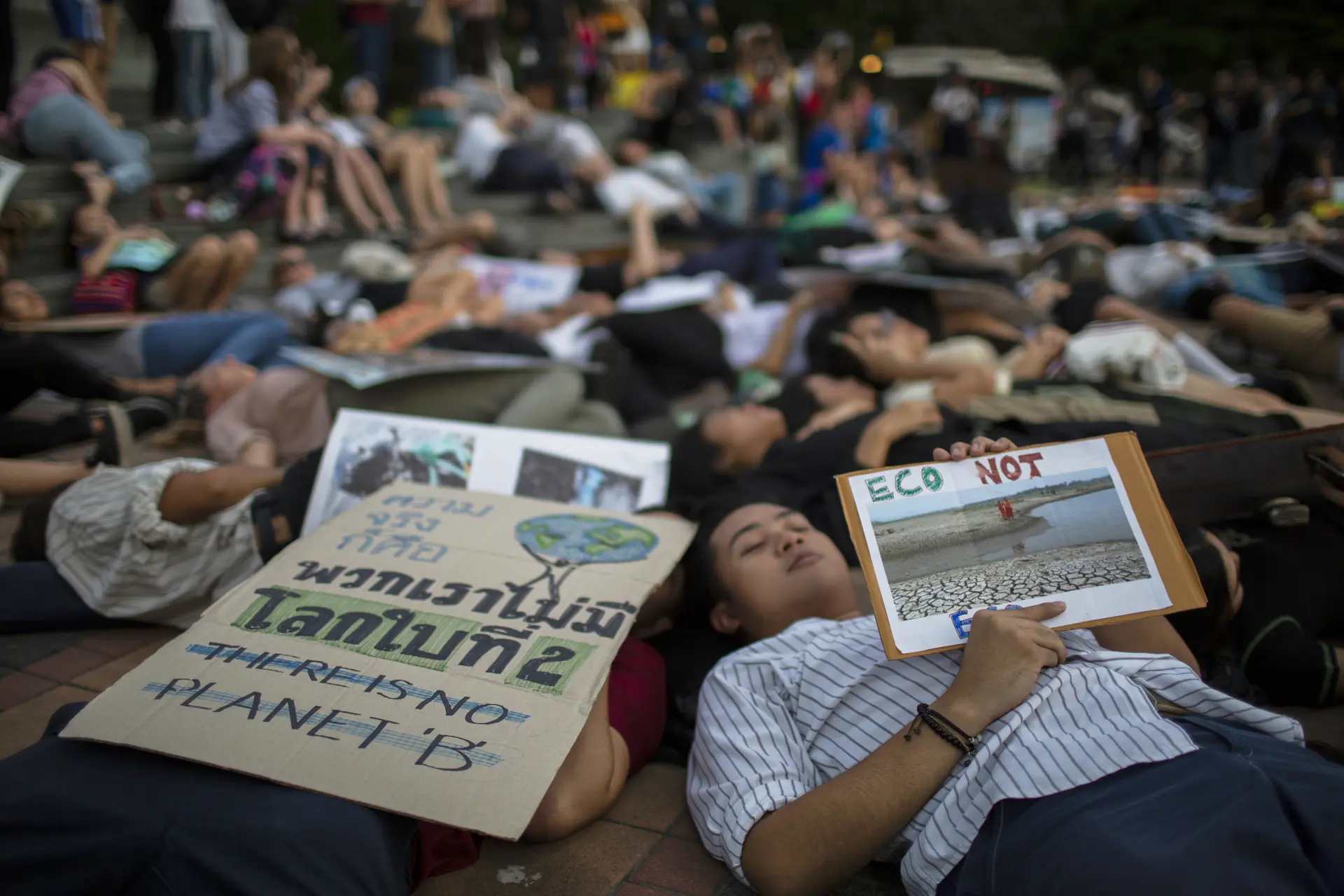
Thailand, 2019: hundreds of protesters take part in a global climate strike in Bangkok, asking the government to tackle the climate crisis. Photo: Chanklang Kanthong/Greenpeace
That is why Sumaúma has joined The 89 Percent Project, a global media collaboration to highlight a flurry of recent scientific studies that show between 80-89% of the world’s population want stronger climate action. Public opinion is clear. Few people, however, are aware they are in such an overwhelming majority. Many timidly feel their fellow citizens are opposed or indifferent. Ending this spiral of silence is essential to nudge governments and businesses onto a safer path for life on Earth.
“For years – and especially at this fraught political moment – most coverage of the climate crisis has been defensive. People who support climate action are implicitly told – by their elected officials, by the fossil fuel industry, by news coverage and social media discourse – that theirs is a minority, even a fringe, view,” the initiators of the project, Mark Hertsgaard and Kyle Pope of Covering Climate Now, wrote last month at the public launch of the project. “What would it mean if this silent climate majority woke up – if its members came to understand just how many people, both in distant lands and in their own communities, think and feel like they do? How might this majority’s actions – as citizens, as consumers, as voters – change? If the current narrative in news and social media shifted from one of retreat and despair to one of self-confidence and common purpose, would people shift from being passive observers to active shapers of their shared future? If so, what kinds of climate action would they demand from their leaders?”
Other partner organisations include The Guardian, Agence France Presse, Asahi Shimbun, Rolling Stone, Scientific American, TIME, Deutsche Welle, Corriere della Sera and Arab Reporters for Investigative Journalism.
Multiple studies highlight the extent of support, though it varies from country to country. A major survey last year of 130,000 people in 125 countries by researchers at the University of Bonn and elsewhere found 89% demanded intensified political action on the climate, and 69% were willing to donate 1% of their personal income to solutions. People in China, the world’s biggest emitter, were among the most concerned, with 97% saying its government should do more. The world’s second biggest polluter, the United States, was near the bottom of the list, but even there, three in four citizens wanted its government to step up on the climate.
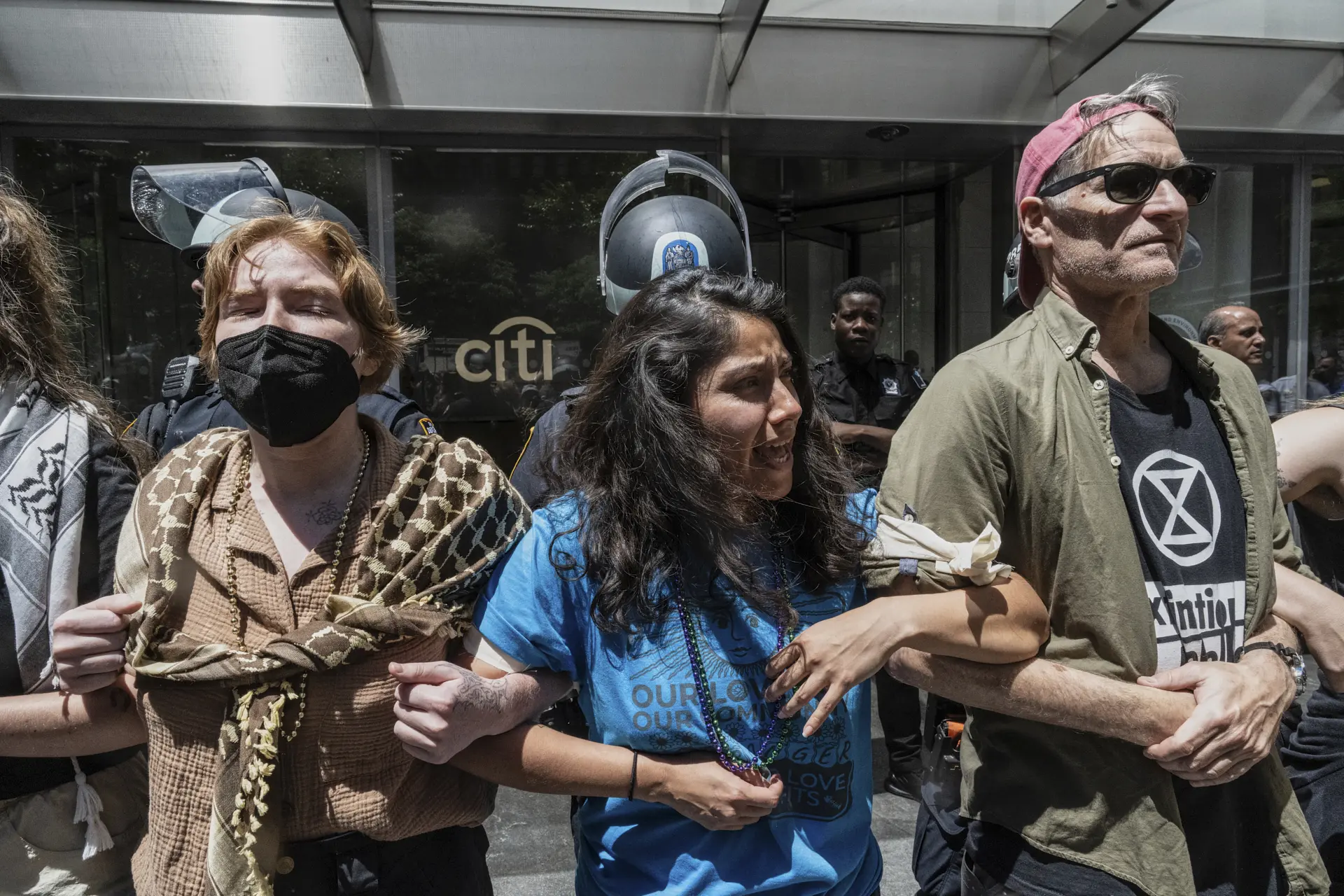
USA, 2024: activists march to Citibank’s New York headquarters, calling out environmental racism and climate chaos. Photo: Stephanie Keith/Greenpeace
Last year the University of Oxford conducted a separate survey for the United Nations called the Peoples’ Climate Vote 2024 that found roughly 89% of the public in poor countries wanted stronger climate action. In wealthier industrialized countries, roughly three in four people supported stronger action. The global average in this study of over 73,000 people was 80%.
The Yale Program on Climate Change Communication has also published several studies documenting the same point: most people, in most countries, want stronger action on the climate crisis.
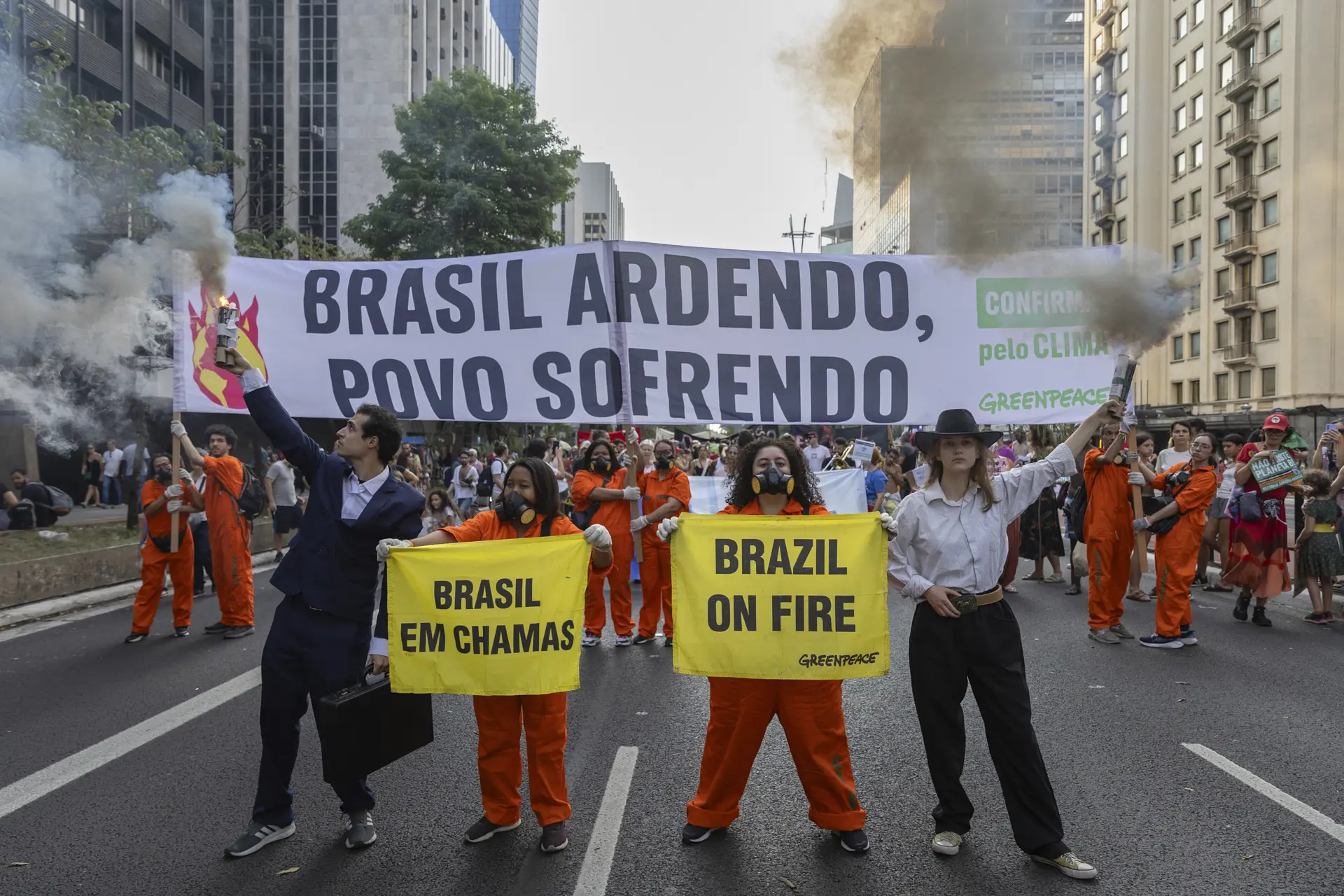
Brazil, 2024: protesters in São Paulo call attention to the extreme heat, drought, fires and deaths of Indigenous people. Photo: Tuane Fernandes/Greenpeace
In Brazil, at least 85% of citizens wanted their country to strengthen its climate commitments, according to both the UN poll and a study carried out for C40 Cities.
Yet, few people in the world understand that this is a widely-held opinion. “Individuals around the globe systematically underestimate the willingness of their fellow citizens to act,” notes one report. This is particularly true in the United States, where 80 to 90% of Americans underestimate support for climate policies. The authors of that study described how ignorance creates a false social reality: “Supporters of climate policies outnumber opponents two to one, while Americans falsely perceive nearly the opposite to be true.”
This is no accident. Social networks and many news organisations are dominated by a vocal minority that rejects climate science. This sceptical view may be held by only 10% of people (and less than 1% of climate scientists), but it is the loudest because they have the biggest megaphones. This allows them to dominate debate and deceive the public and politicians that their view is widely shared.
All of which highlights why Sumaúma and its partners in The 89 Percent Project are emphasising that we are not alone. In fact, we are far stronger than we realise. The more we share that knowledge, the more powerful we will be. And the more likely politicians will feel obliged to listen to our voices on the need to slash emissions, halt deforestation and support traditional communities. The next stage of the 89% Project will be shortly before COP30 in Belém, where the people of the Amazon will have the opportunity to demonstrate how much support there is for these measures not just on social networks, but on the city streets.
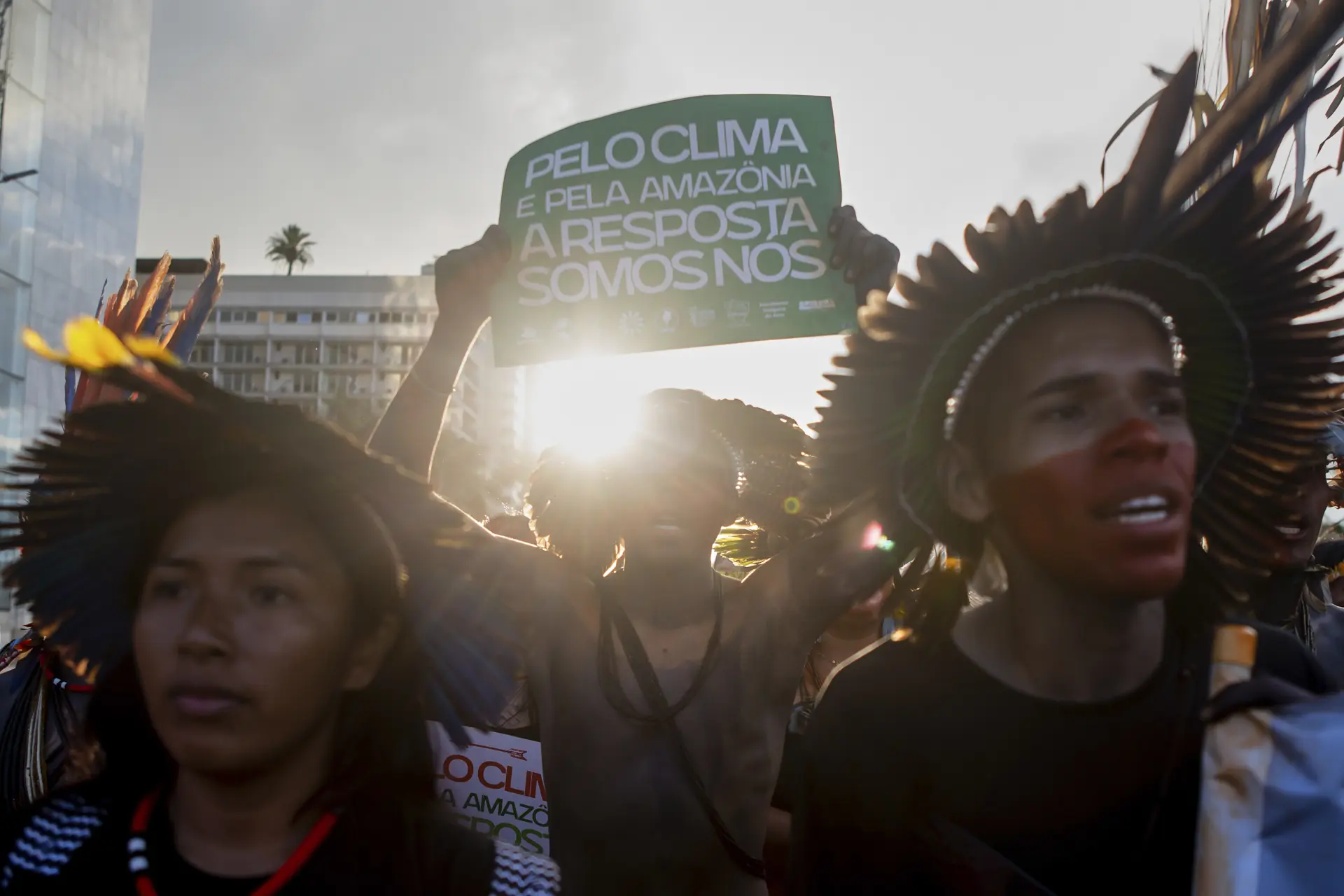
Brazil, 2025: At the Free Land Camp in 2025, Indigenous peoples took a position as Nature’s guardians. Photo: Lela Beltrão, SUMAÚMA
 This story is part of The 89 Percent Project, an initiative of the global journalism collaboration Covering Climate Now
This story is part of The 89 Percent Project, an initiative of the global journalism collaboration Covering Climate Now
Text: Jonathan Watts
Photo Editor: Mariana Greif
Art Editor: Cacao Sousa
Fact-checker: Plínio Lopes
Proofreader (Portuguese): Valquíria Della Pozza
Spanish translation: Meritxell Almarza
Portuguese translation: Denise Bobadilha
Copyediting and finishing: Natália Chagas
Editorial workflow: Viviane Zandonadi
Editor-in-chief: Talita Bedinelli
Editorial director: Eliane Brum

